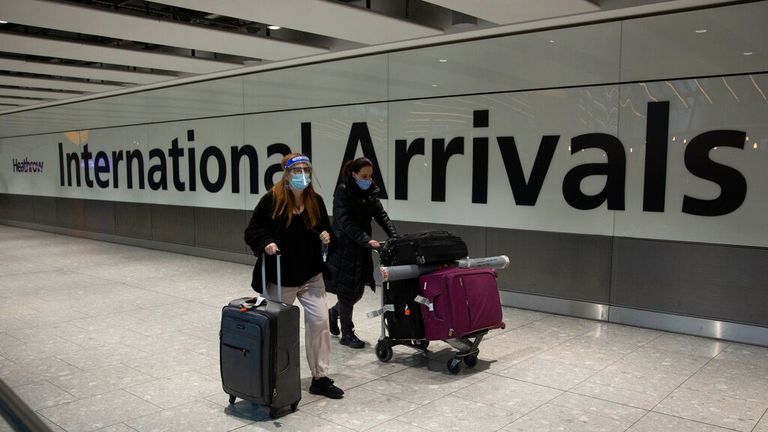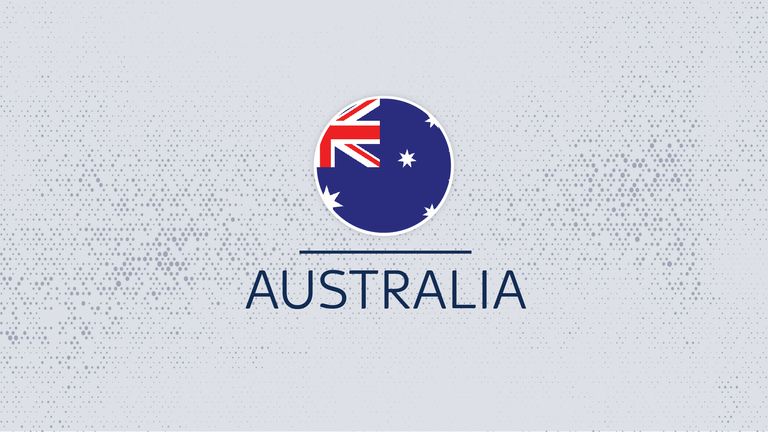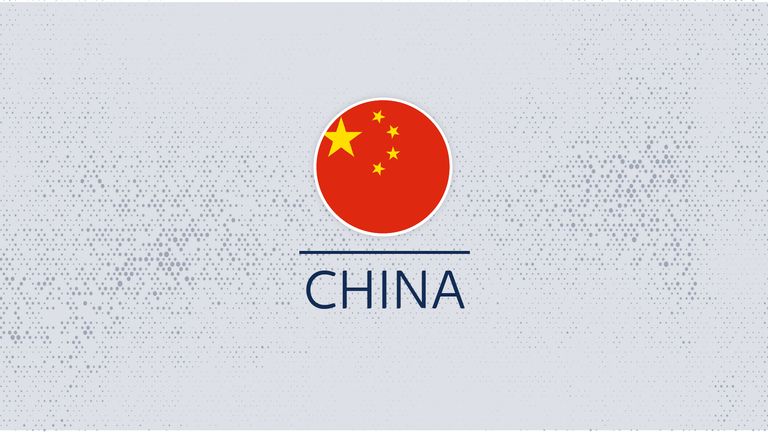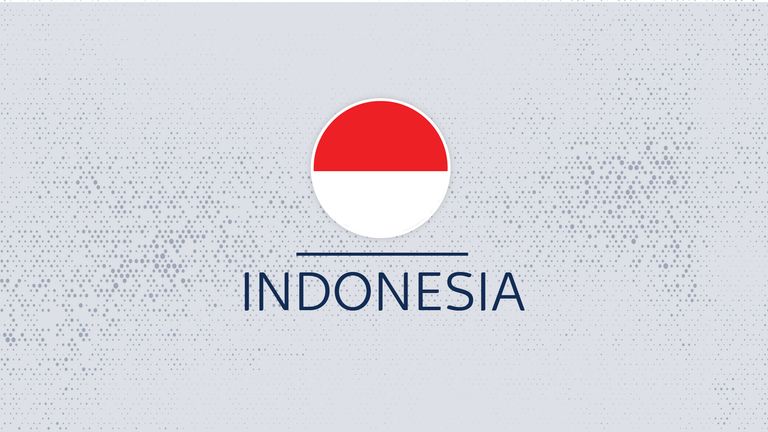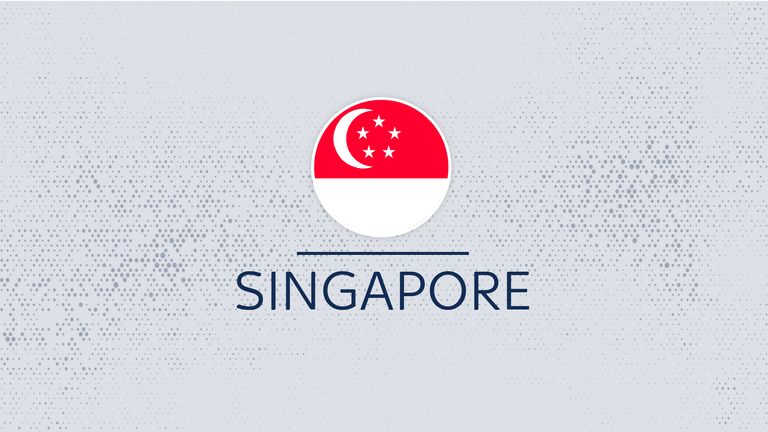COVID-19: How will hotel quarantine work in UK and how does it compare with other countries?
Travellers entering Britain from COVID-19 hotspots will have to quarantine in hotels from 15 February, the government has announced.
The new tightening of rules follows the emergence of new variants of the virus in South Africa and Brazil.
The Department of Health and Social Care (DHSC) said that, from 15 February, travellers returning to the UK from “red list” countries will have to quarantine in government-provided accommodation for 10 days, paid for by the traveller.
Other UK nations and political figures have said the measures do not go far enough.
Labour said it was “beyond comprehension” that the hotel quarantine scheme was taking so long to get up and running after it was initially announced in January.
In response, Conservative MP James Cleverly told Sky News that “hindsight is a wonderful thing” and that the government needed more “time to prepare”.
Sky News takes a look at what we already know about how the plan will work.
Which travellers will have to quarantine in hotels?
UK nationals and residents returning from 33 “red list” countries will be placed in quarantine in government-provided accommodation – such as hotels – for 10 days.
The red list countries are:
Angola, Argentina, Bolivia, Botswana, Brazil, Burundi, Cape Verde, Chile, Colombia, Democratic Republic of Congo, Ecuador, Eswatini, French Guiana, Guyana, Lesotho, Malawi, Mauritius, Mozambique, Namibia, Panama, Paraguay, Peru, Portugal, Rwanda, Seychelles, South Africa, Suriname, Tanzania, United Arab Emirates, Uruguay, Venezuela, Zambia and Zimbabwe.
Why is the measure being introduced?
Hotel quarantine is being brought in as a way to ensure people follow self-isolation rules when returning from certain countries.
The prime minister said the move is aimed at preventing new COVID variants from reaching the UK, and comes as concern rises over the risks posed by variants in South Africa and Brazil.
It is not clear when the measure will come into force or how long it will be in place for.
What will happen when people arrive in the UK from a “red list” country?
Prime Minister Boris Johnson has said passengers will be “met at the airport and transported directly into quarantine”.
They will then have to stay in their rooms at a government-designated facility with security guards accompanying them if they go outside.
Foreign nationals and non-UK residents from those destinations – which include South America, southern Africa and Portugal – are already banned from entering the UK.
How much will the quarantine measure cost?
The finances have not been announced but it could cost in excess of £1,000 per person.
However, it is understood travellers from the red list countries will have to pay to isolate in a hotel, with coronavirus testing carried out during their stay.
Which hotels will be included?
Quarantine hotels will be near airports including Heathrow, Gatwick, London City, Birmingham, Bristol, Manchester, Edinburgh, Glasgow and Aberdeen.
Hotel chain Best Western previously said it was ready to “step in”.
The Daily Telegraph reported that officials were looking to reserve 28,000 hotel rooms over the course of the scheme.
Mr Johnson said the DHSC was working to establish quarantine facilities “as quickly as possible”.
England is far from being the first nation to introduce the policy.
Here’s how it has worked in other countries.
Mandatory hotel quarantine was introduced in Australia at the end of March 2020, one of the first countries to do so.
The hotels are designated by the government and determined on the day a person arrives.
People have to quarantine for at least 14 days, and up to 24 days if they refuse to be tested, or until they are clear of infection if they test positive.
They are transported to hotels by bus from the airport and meals are dropped off outside their room doors, with one delivery meal a day allowed to be ordered in.
The cost for a single traveller in New South Wales is about $3,000 (£1,695) for the fortnight, which is invoiced by the government when you leave.
At the airport, travellers into China have to fill in a variety of forms, get their temperatures checked and a COVID test.
Travellers are taken by bus to state-designated hotels, with no information given about which hotel beforehand.
Hotel staff wearing PPE call at least twice a day to record everybody’s temperatures, with a thermometer given to those quarantining when they arrive.
A COVID test is taken after a week and then just before the end of quarantine.
Food, included in the final price, is provided but the quality and quantity vary dramatically and some hotels do not allow outside delivery or alcohol.
The cost for a fortnight for one traveller (unmarried couples may be separated) is between RMB4,200 and RMB7,000 (£470 and £790).
All arrivals into Hong Kong, apart from China, Macau and Taiwan, have to quarantine in designated hotels for 21 days. Passengers from those three countries have a 14-day quarantine.
Travellers have to provide proof of a room reservation at a designated hotel before they can board their flight.
Coaches at half capacity take passengers – who have tested negative at the airport – to their booked hotel, where they will be tested on the 12th and 19th day.
Three meals a day, included in the cost, will be provided by the hotel and most allow food and other deliveries.
Prices for one person for 21 days range from $10,080 to $1,039,500 (£950 to £98,000).
Arrivals to most Indian states have to quarantine in a hotel (own expense) or government facility (paid for) for at least seven days, then if a COVID test is negative they can spend the remaining seven days in home quarantine.
People have to download an app and fill in health updates during their quarantine.
Costs range from INR10,500 to INR28,000 (£105 to £280) for one person for a week.
International travellers have to undergo quarantine at a designated hotel for five days.
Before that, they have to have a negative PCR within 72 hours before departure and a PCR test on arrival.
People travelling onwards to the popular tourist destination of Bali will require a negative test no more than 48 hours before departure.
Those arriving in New Zealand have to stay in isolation for at least 14 days at designated hotels, and up to 28 days if you refuse a test.
Everyone flying to New Zealand must have a voucher confirming they have been allocated a hotel room before they can book their flight.
A COVID test is taken within 24 hours of arrival, health staff check your health and wellbeing daily, and more tests are taken on day three and 12.
Three meals a day are provided and food and limited alcohol delivery is allowed.
There is a flat rate of $3,100 (£1,633) for one person, $950 (£500) for each additional adult in the room, and $475 (£250) for each child above the age of three in the room.
Incoming passengers must quarantine at a government-approved hotel for 14 days.
They have to take a PCR test at the airport and are taken to the hotel on a bus provided by the Coast Guard, or book a government-approved taxi.
Three meals are provided a day and food delivery is allowed.
The government is footing the bill for overseas Filipino workers who must quarantine.
Those entering Qatar have to quarantine in a government-approved hotel for seven days, with a few dedicated four or five-star quarantine hotels for UK arrivals.
A hotel package must be booked before flying and arrivals must have a COVID test at the airport before having another one on day six.
A transfer will be provided to the hotel where medical teams will be available 24/7 and three meals a day will be provided.
Packages cost between QAR2,724 and QAR4,016 per person for seven days (£548 to £810).
All arrivals must isolate in a government-designated hotel – only revealed once they get to it – for two weeks.
A negative PCR test within 72 hours before departure is needed, then one at the airport and another at the end of quarantine – those must be paid for.
Travellers will be taken to a hotel by bus and must have travel insurance to cover COVID-19 treatment and hospital costs if needed.
They must apply for hotel quarantine before arriving in Singapore and will be given an electronic monitoring bracelet or smartwatch to ensure they remain in their room.
The quarantine cost, which includes three meals a day, is about $2,000 (£1,100), not including $200 (£110) for each test.
All international arrivals need to provide a negative PCR test issued within three working days before boarding their flight, and upon arrival.
A 14-day quarantine is required in a hotel, government-owned facilities or student dorms if travellers cannot guarantee only one person will be in a private home, unless they all flew there together.
Travellers will be transported to the facility, which they cannot choose, and will be provided three meals a day.
Rates range from NTD1,000 to NTD20,000 (£26 to £522) for one person for a fortnight.
International arrivals have to quarantine for 14 days in a government-approved hotel, with one COVID test on the fifth day and one at the end, plus twice daily temperature checks by nurses.
Hotels are offering packages in association with hospitals, including private airport transfer, ambulance to a hospital if needed, three meals a day, a nurse on duty and daily health monitoring – but alcohol is banned by the government.
After the initial PCR test comes back negative, many are offering access to limited hotel facilities such as the pool area, golf course and spa.
Packages cost from 26,500 THB to 600,000 THB (£646 to £14,650).
Source: Read Full Article
